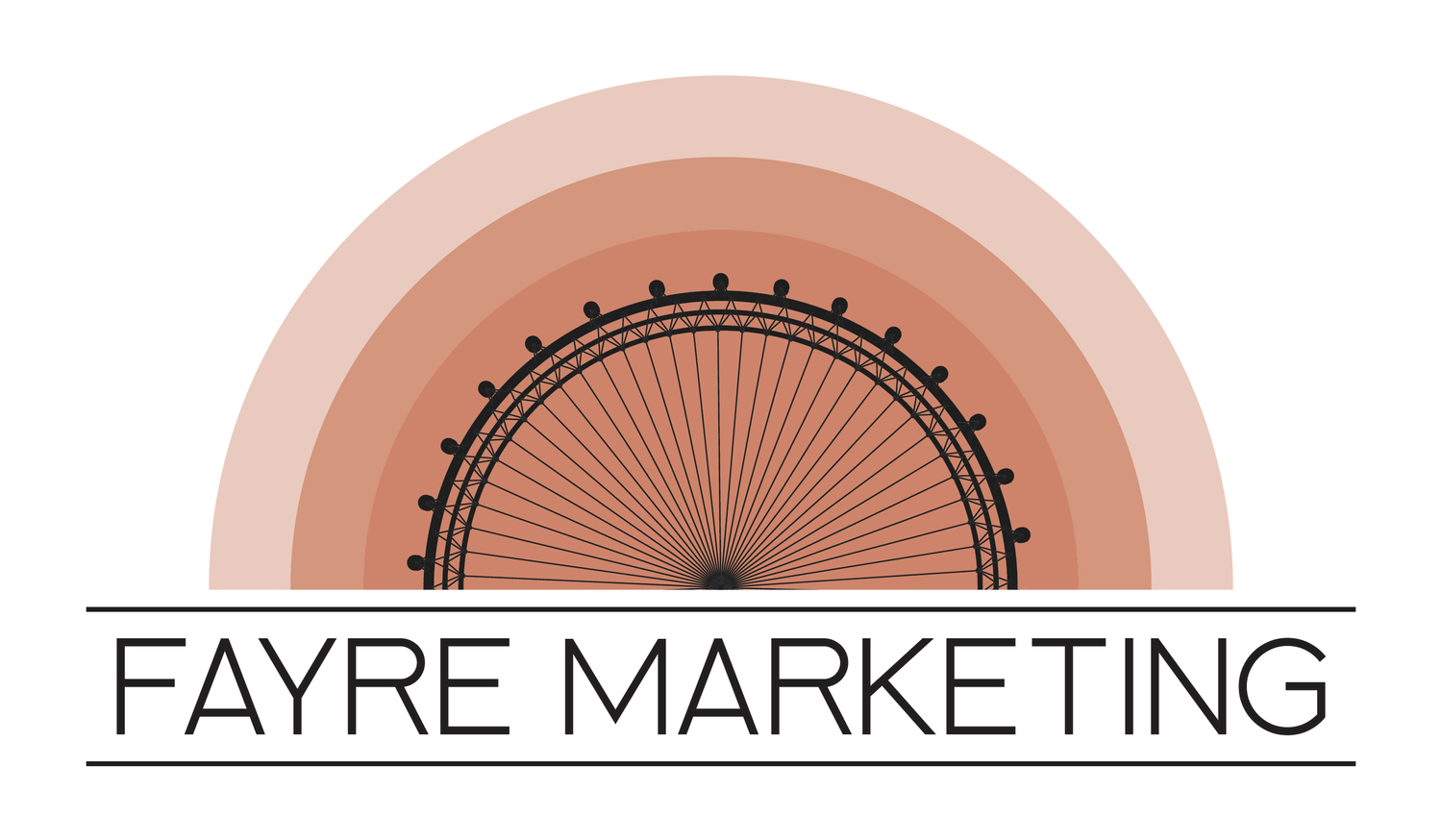Adopting a CRM Platform for Marketing Engagement and Efficiency
Personalization and customization of your marketing communications are crucial when engaging with customers. Customers willingly share their data because they trust that it will be used to enhance their experience. They desire relevant communications; for example, don't send a barbecue meat offer to a vegetarian. Studies indicate that personalized email offers are 18 times more likely to convert than generic email blasts.
According to McKinsey, 71% of consumers expect companies to deliver personalized interactions, and 65% get frustrated when this doesn’t happen. By leveraging customer data, your business can craft email campaigns and communications that resonate on an individual level. The essence of this approach lies in creating relevant touchpoints through targeted promotions and recommendations.
A CRM (Customer Relationship Management) system enables you to leverage your data effectively, protect your customers’ data, and enhance their experience. You can customize marketing messages and personalize them with segmentation based on demographics such as age, location, household size, income, and more. Then, you can refine your offer strategy and communication cadence to customers based on past purchase history, frequency of purchase, interactions on your website, and their lifecycle stage with your business.
Customer lifecycle marketing is a dynamic and strategic approach that focuses on understanding and engaging with customers throughout their journey with a business. It's not just about acquiring new customers; it's about nurturing and retaining them for the long term. This holistic strategy involves recognizing the distinct phases of the customer lifecycle, including awareness, acquisition, onboarding, retention, and advocacy. By tailoring your marketing efforts to each stage, you can create an “always-on” experience that fosters stronger and longer-lasting customer relationships.
From the moment a new customer comes onboard or an existing one chooses to upgrade, the customer onboarding process is the cornerstone of the retention strategy. This is the moment where buyer's remorse can potentially set in, making it a key opportunity to reinforce your customer’s purchase decision. The goal of your onboarding campaign is to prompt activation and engagement, thereby optimizing the value the customer gains from your product or service.
Automating campaigns is a significant time-saver with a CRM platform. CRMs can automate email campaigns, social media posts, and other marketing activities, freeing up time for your team to focus on strategic tasks. Additionally, you can streamline sales processes such as lead scoring, follow-up scheduling, and reminders for your sales reps. Your customer success team can also use the CRM to track tickets, complaints, renewals, and encourage upgrades when appropriate.
Utilizing dashboards in the reporting features allows you to see performance at a high level and dig in deeper when needed. Prioritize key performance indicators (KPIs) that align with your marketing objectives. These could include conversion rates, customer lifetime value, return on investment, or any other metrics directly tied to your goals.
Organizations that invest in CRM platforms expand adoption and revenue, reduce churn rates, launch customer referral programs, and establish a closely-knit community of loyal users and advocates.
Recommended CRM Platforms for Businesses
Salesforce: Known for its robust features and scalability, Salesforce is ideal for businesses of all sizes. It offers comprehensive solutions for sales, customer service, marketing automation, and analytics.
HubSpot CRM: Perfect for small to medium-sized businesses, HubSpot CRM is user-friendly and integrates seamlessly with other HubSpot marketing tools. It offers free and premium versions to cater to different business needs.
Zoho CRM: Zoho CRM provides a wide range of features, including automation, analytics, and customizable modules. It’s a cost-effective solution for businesses looking to enhance their customer relationship management.
Microsoft Dynamics 365: This CRM platform integrates with other Microsoft products, making it an excellent choice for businesses already using Microsoft tools. It offers advanced analytics and AI capabilities to improve customer engagement.
Pipedrive: Designed for sales teams, Pipedrive is a simple yet powerful CRM that focuses on sales pipeline management. It’s great for businesses that need an intuitive platform to boost their sales processes.
Freshsales: Freshsales by Freshworks offers an intuitive interface and features like AI-based lead scoring, built-in phone, email, and activity capture. It’s suitable for businesses that need a straightforward CRM with powerful automation tools.
About Fayre Marketing
Kathleen Hackney is skilled in customer lifecycle management, including upsell and retention, direct marketing, digital marketing, and email communications. An experienced marketer, she brings over 15 years of experience in a broad range of marketing and communications functions across both B2B and B2C sectors.
She has successfully led high-functioning lifecycle marketing teams across major Fortune 500 brands, as well as small organizations, including Cox Communications, Whole Foods Market, GoDaddy, and realtor.com. Contact us today.

